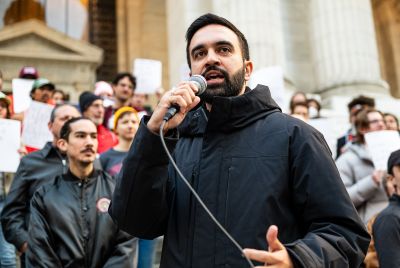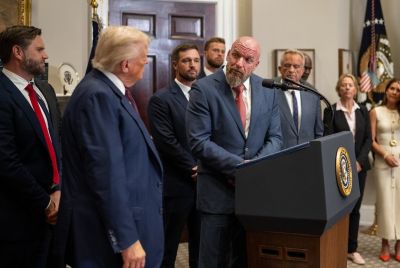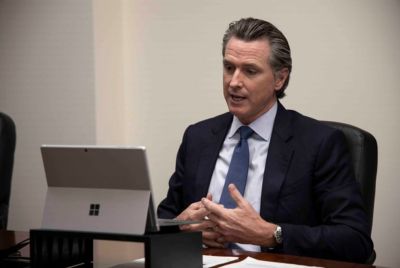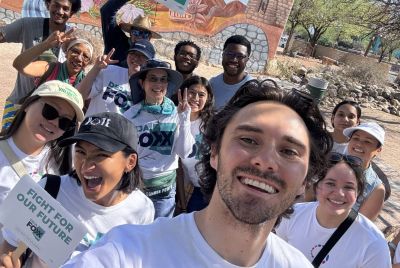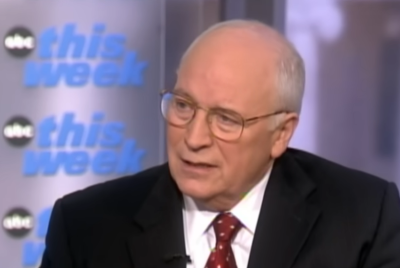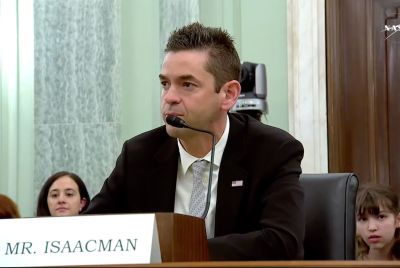Will Syria really collapse if al-Assad leaves?
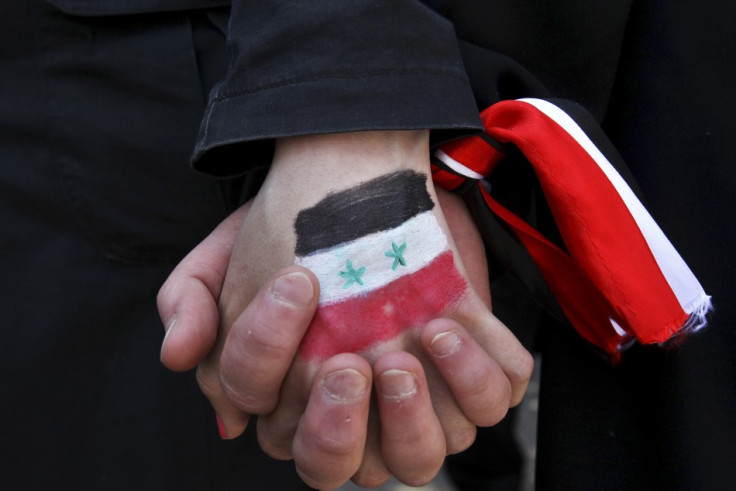
As the people and the state are locked in a stand-off it seems that nothing can stop Syria from further spiralling into violence thanks to President al-Assad decideding to cling on to power no matter what the cost. While the protests first surfaced in the provinces, they have now spread to the big cities, making it harder for pro-Assad supporters to pretend that the protestors are just a bunch of pro-Islamists and violent thugs.
However as the attention is focused on Assad's repressive measures, little is known about who really makes up the opposition. Syria is ethnically diverse and divisions are deeply rooted. If at first glance the people seem united against the regime, are divisions threatening the stability of the country?
The Secular-Islamist Divide
Opponents of Syria's Baathist regime have unfortunately been polarized into secular and Islamist camps since the Muslim Brotherhood's campaign of violence against the regime a quarter century ago, with the latter actively cultivating a deep fear of Sunni Islamist militancy among secular Syrians.
One of the fears liberal dissidents have is that the regime's collapse would lead to a Sunni Islamist bid for power, followed by civil war and chaos. The divisions and fears of both camps have cleverly been used by a regime in a successful bid to break down communication between the camps.
In the late 1990s, exiled Brotherhood leader Ali Sadr al-Din al-Bayanouni abandoned the movement's call for an Islamic state and focused on a moderated version of the Brotherhood's political program, which called for liberal democratic reforms and he made concerted efforts to work with secular opposition forces. The regime cracked down harshly on those who responded to his initiatives. In May 2005, security forces arrested writer Ali Abdullah and eight other members of the Jamal al-Atassi Forum after he read a statement by the Brotherhood pledging commitment to nonviolence and democracy at one of its meetings.
In spite of the crackdown, opposition leaders persisted in seeking to establish a common reform agenda with the Brotherhood. Veteran Communist leader Riad al-Turk, an internationally known member of the secular opposition met with Bayanouni in London in July 2005. Since any form of joint activity with the Brotherhood would have invited harsh repressions, the October 2005 Damascus Declaration was issued by secular opposition groups as a declaration of principles that anyone could endorse, which the Brotherhood did the following day.
The liberal opposition won the Brotherhood's acceptance of the Damascus Declaration by including clauses declaring Islam to be the "religion and ideology of the majority" and the "most powerful cultural component" in the life of the nation. This formulation was criticized by many secular and non-Muslim opposition activists
The Arab-Kurd Divide
An older and deeper split within the Syrian opposition is that between Arabs and Kurds, the latter of whom comprise around 10% of the population. The Baathist regime's Arabization and resettlement policies introduced an unprecedented level of repression as an estimated 250,000-300,000 Syrian Kurds have been denied citizenship
In the late 1990s, a dozen distinct Kurdish political factions began organizing publicly, inspired by the establishment of Kurdish autonomy in northern Iraq. Most agreed on a list of cultural demands such as recognition of Kurdish as an official language and the freedom to celebrate Kurdish holidays.
After entering office in 2000, Bashar Assad promised Kurdish activists he would ease enforcement of restrictions on Kurdish linguistic and cultural expression; however in reality very few concessions were made which led to Kurdish activists to organize unprecedented public demonstrations.
The authorities responded harshly, and arrested many Kurdish activists over the year leading to allegations of torture surfacing.
As the stand off between the Kurds and the regime concerned issues that were of mainly of Kurdish interest, the community was left isolated from the rest of Syrian society, who felt little interest in matters Kurdish.
The Internal-External Divide
Ever since the Muslim Brotherhood led-revolt in the 1980s, the regime became obsessed with eradicating all links between dissidents inside Syria and both the exile community and foreign governments.
However with the emergence of new ways of communication such as the internet, the regime could not stop the accusations of human rights violations, the grievances of the Kurds, and political debates from spreading.
Consequently, the regime became more reliant on coercion to prevent contact between internal dissidents and the outside world.
It started with imposing a ban on the Muslim Brotherhood, and then condemnation of opposition contact with Western governments. After meeting with American officials during a trip to Washington in November 2005, prominent dissident Kamal al-Labwani was arrested and charged with inciting a foreign state to attack Syria. In 2006 the regime formally imposed a ban on any anti-government activity abroad.
Former Vice President Khaddam defected in 2006 and met with Bayanouni in Brussels, where the two established a new opposition coalition, the National Salvation Front (NSF) and they persuaded several Kurdish and non-Sunni activists in exile to join. Another external opposition group, the Reform Party of Syria led by the US-based Farid Ghadry, presents itself as a secular liberal alternative to the NSF, and maintains an antagonistic position against it.
The NSF is well-known on the international scene as prior to the uprising it had already met with members of the US National Security Council and announced plans to open an office in Washington DC. Khaddam was also recently received by King Abdullah of Saudi.
The Sectarian Divide
Another important divide remains between the Alawites, an offshoot Islamic sect comprising roughly 12% of the Syrian population, and non-Alawites. Under Baathist rule, the Alawites came to dominate the upper echelon of the security-intelligence apparatus.
Ironically, while the Assad regime became increasingly dependant on the Alawites' support it also widely criticised their religious values, which the regime found too fundamentalist and refused to allow the establishment of a unified Alawite religious authority or institutions. The regime's attitude has also convinced the rest of the population the Alawites need to remain out of power.
Al-Assad, like many leaders stays in power by cleverly using the divide-and-rule card. The problem is that Syrian society is now left with deeply rooted divisions and fears that will be very difficult to overcome. Even if Assad leaves, all those different groups will try and gain a part of the power, so concerns for Syria's future are well justified. However does this imply that keeping Assad in power would benefit the people and protect them from a possible civil war? A third option is to let the people and the opposition push ahead for change and see if they can do better than their president.
© Copyright IBTimes 2025. All rights reserved.






